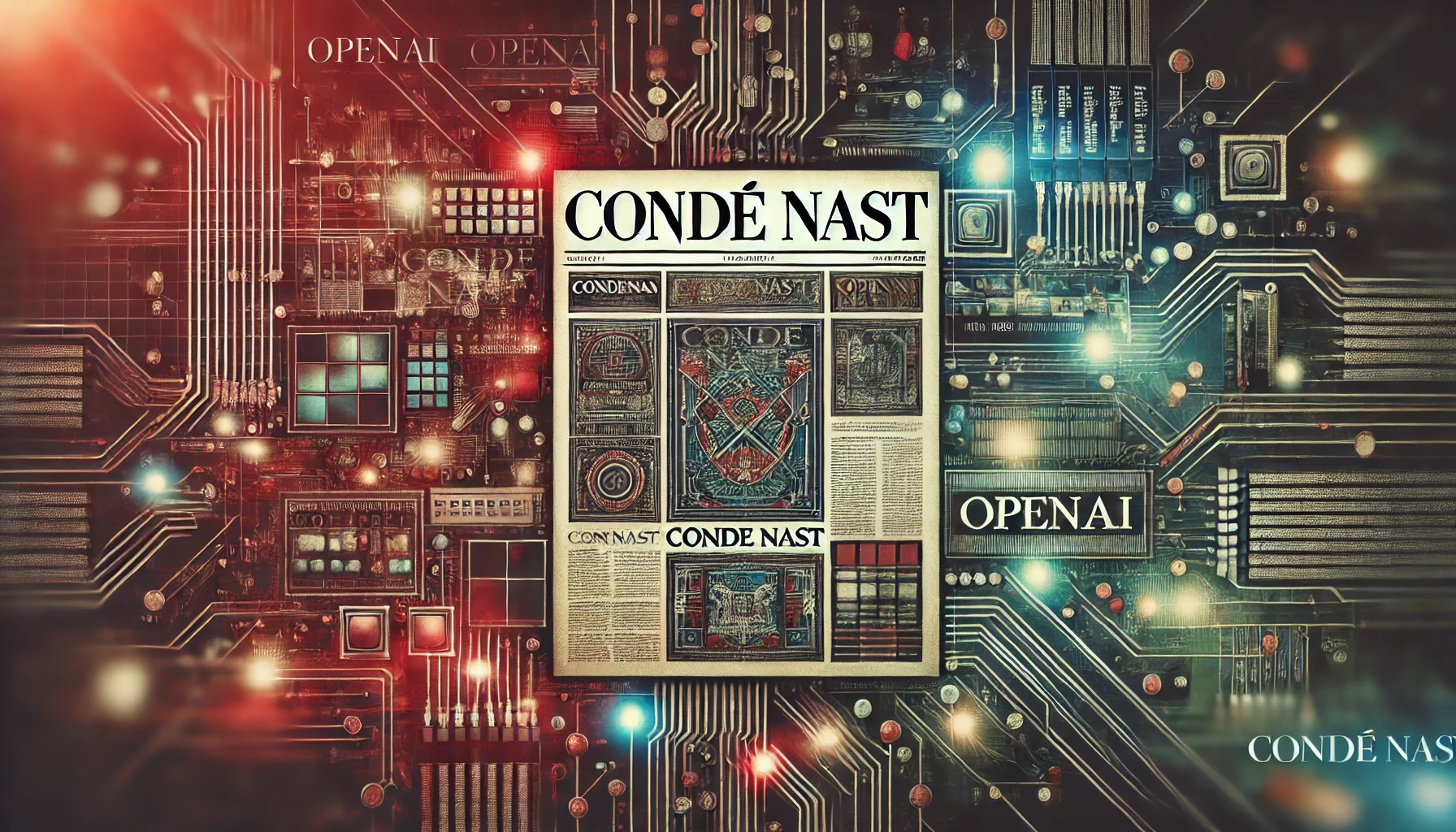OpenAI has reached a deal with Condé Nast and its prestigious portfolio of publications, including Vogue, The New Yorker, and Wired.
This will involve integrating news and other text published by Condé Nast into OpenAI’s AI products, such as ChatGPT and the newly launched SearchGPT.
The deal, announced on Tuesday, August 20, 2024, marks another milestone in OpenAI’s strategy to secure high-quality content for its AI models.
While financial details weren’t disclosed, the deal will likely be substantial given the caliber of the content – soon to become data – on offer.
Brad Lightcap, OpenAI’s chief operating officer (COO), was quick to comment on the company’s commitment to maintaining the quality and integrity of Condé Nast’s material.
“We’re committed to working with Condé Nast and other news publishers to ensure that as AI plays a larger role in news discovery and delivery, it maintains accuracy, integrity, and respect for quality reporting,” Lightcap stated.
Motivated by massive sums of cash and fears that generative AI tools spell doom for publishing, Condé Nast joins a growing roster of companies proactively engaging with OpenAI and others. This includes Time Magazine, the Financial Times, and Axel Springer, among others.
Condé Nast’s CEO, Roger Lynch, directly acknowledged this challenge: “Our partnership with OpenAI begins to make up for some of that revenue, allowing us to continue to protect and invest in our journalism and creative endeavors.”
Competing interests
The deal seems especially out of sync with Wired’s usual content.
Known for its often critical coverage of the tech industry and investigations into tech scandals and controversies, Wired is now partnering with the very company at the center of some of its critiques.
Wired recently called the AI search tool Perplexity a “bull**** machine.” Now, it will pump its content into OpenAI’s competitor, SearchGPT.
Plus, it was only in June 2023 that news executives and legal experts from The New York Times, Vox Media, News Corp, Condé Nast, and IAC discussed uniting against the unpermitted use of their news content for AI purposes.
It reveals just how weak the publishing industry’s defenses are when money is at stake.
Some media companies are still resisting change
Not all media companies have been eager to collaborate with AI companies.
The New York Times and eight other newspapers owned by Alden Global Capital sued OpenAI and Microsoft, alleging copyright infringement and seeking billions in damages.
Anthropic was just today targeted with a lawsuit from three authors alleging copyright abuse of books, illustrating the deepening divide between publishers and AI companies.
Now, Condé Nast has joined others in selling their data to AI companies, this is developing into a case of ‘if you can’t beat them, join them.’
AI companies will always seek more data, so we can anticipate many more deals like this in the future.





